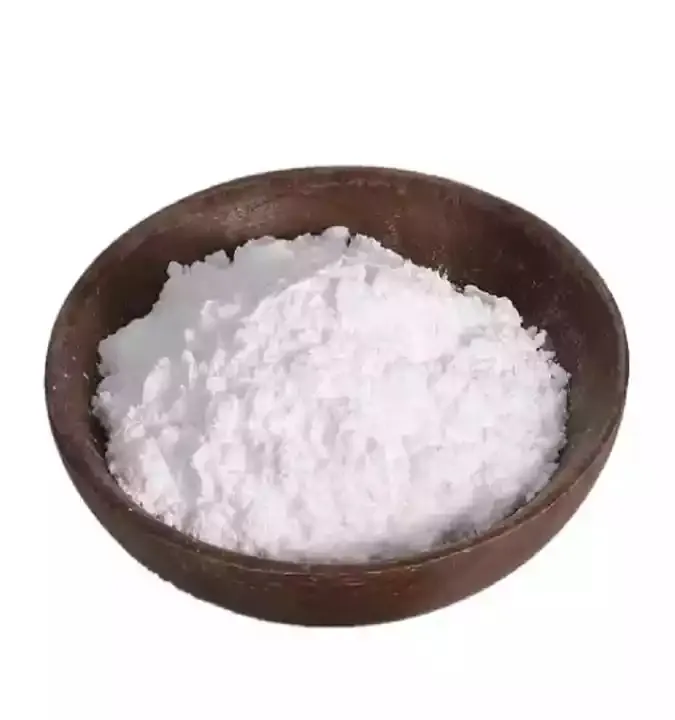Warning: Undefined array key "title" in /home/www/wwwroot/HTML/www.exportstart.com/wp-content/themes/1198/header.php on line 6
Warning: Undefined array key "file" in /home/www/wwwroot/HTML/www.exportstart.com/wp-content/themes/1198/header.php on line 7
Warning: Undefined array key "title" in /home/www/wwwroot/HTML/www.exportstart.com/wp-content/themes/1198/header.php on line 7
Warning: Undefined array key "title" in /home/www/wwwroot/HTML/www.exportstart.com/wp-content/themes/1198/header.php on line 7
- Afrikaans
- Albanian
- Amharic
- Arabic
- Armenian
- Azerbaijani
- Basque
- Belarusian
- Bengali
- Bosnian
- Bulgarian
- Catalan
- Cebuano
- China
- China (Taiwan)
- Corsican
- Croatian
- Czech
- Danish
- Dutch
- English
- Esperanto
- Estonian
- Finnish
- French
- Frisian
- Galician
- Georgian
- German
- Greek
- Gujarati
- Haitian Creole
- hausa
- hawaiian
- Hebrew
- Hindi
- Miao
- Hungarian
- Icelandic
- igbo
- Indonesian
- irish
- Italian
- Japanese
- Javanese
- Kannada
- kazakh
- Khmer
- Rwandese
- Korean
- Kurdish
- Kyrgyz
- Lao
- Latin
- Latvian
- Lithuanian
- Luxembourgish
- Macedonian
- Malgashi
- Malay
- Malayalam
- Maltese
- Maori
- Marathi
- Mongolian
- Myanmar
- Nepali
- Norwegian
- Norwegian
- Occitan
- Pashto
- Persian
- Polish
- Portuguese
- Punjabi
- Romanian
- Russian
- Samoan
- Scottish Gaelic
- Serbian
- Sesotho
- Shona
- Sindhi
- Sinhala
- Slovak
- Slovenian
- Somali
- Spanish
- Sundanese
- Swahili
- Swedish
- Tagalog
- Tajik
- Tamil
- Tatar
- Telugu
- Thai
- Turkish
- Turkmen
- Ukrainian
- Urdu
- Uighur
- Uzbek
- Vietnamese
- Welsh
- Bantu
- Yiddish
- Yoruba
- Zulu
Sep . 02, 2024 09:58 Back to list
Propylene Glycol for Chillers - Efficient Cooling Solutions
Propylene Glycol for Chillers An Essential Coolant in Industrial Applications
Propylene glycol has gained significant attention in various industries as an effective coolant, particularly in chillers
. Known for its safety and efficiency, this substance serves as a reliable heat transfer fluid in numerous applications ranging from refrigerated storage to industrial cooling systems.At its core, propylene glycol is a colorless, odorless liquid that is hygroscopic, meaning it can absorb moisture from the air. This property makes it an excellent choice for chilling systems that require reliable heat conduction without the risk of toxicity. Unlike ethylene glycol, propylene glycol is regarded as non-toxic and is classified as Generally Recognized As Safe (GRAS) by the FDA. This makes it ideal not only for industrial applications but also for food and pharmaceutical uses where human safety is paramount.
In chillers, propylene glycol is mixed with water to create an efficient cooling solution that can prevent freezing in low-temperature environments. This mixture allows for effective heat transfer, ensuring that the chilled fluids can maintain optimal temperatures during operation. The typical concentration of propylene glycol in chillers ranges from 20% to 50%, depending on the specific requirements of the cooling system. Higher concentrations are often used in applications requiring lower freezing points, whereas lower concentrations suffice in milder environments.
propylene glycol for chillers

Beyond its thermal properties, propylene glycol is also favored for its compatibility with various materials commonly used in cooling systems, such as metals, plastics, and elastomers. This compatibility minimizes the risk of corrosion or degradation within the system, consequently extending the lifespan and efficiency of the equipment.
Another notable advantage of propylene glycol is its low viscosity, which enhances pump efficiency and reduces energy consumption during circulation. This feature is critical for large-scale operations where energy efficiency translates to significant cost savings.
In conclusion, propylene glycol is an essential component in modern chiller systems, providing safety, efficiency, and performance. Its unique properties not only ensure optimal cooling but also improve the reliability of industrial operations. As industries continue to prioritize sustainability and safety, the role of propylene glycol is likely to grow, reinforcing its status as a preferred coolant in a variety of applications.
Latest news
-
Certifications for Vegetarian and Xanthan Gum Vegetarian
NewsJun.17,2025
-
Sustainability Trends Reshaping the SLES N70 Market
NewsJun.17,2025
-
Propylene Glycol Use in Vaccines: Balancing Function and Perception
NewsJun.17,2025
-
Petroleum Jelly in Skincare: Balancing Benefits and Backlash
NewsJun.17,2025
-
Energy Price Volatility and Ripple Effect on Caprolactam Markets
NewsJun.17,2025
-
Spectroscopic Techniques for Adipic Acid Molecular Weight
NewsJun.17,2025

